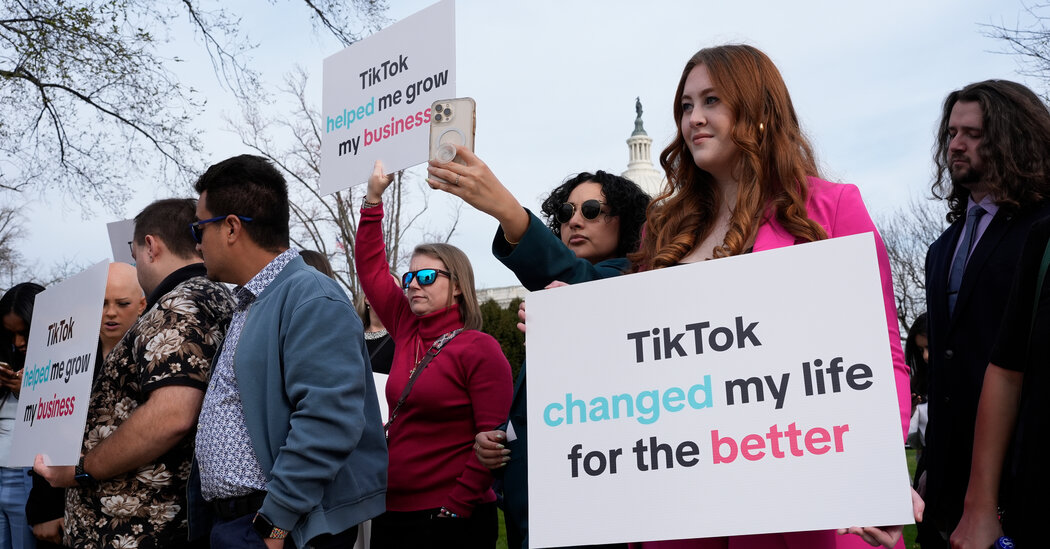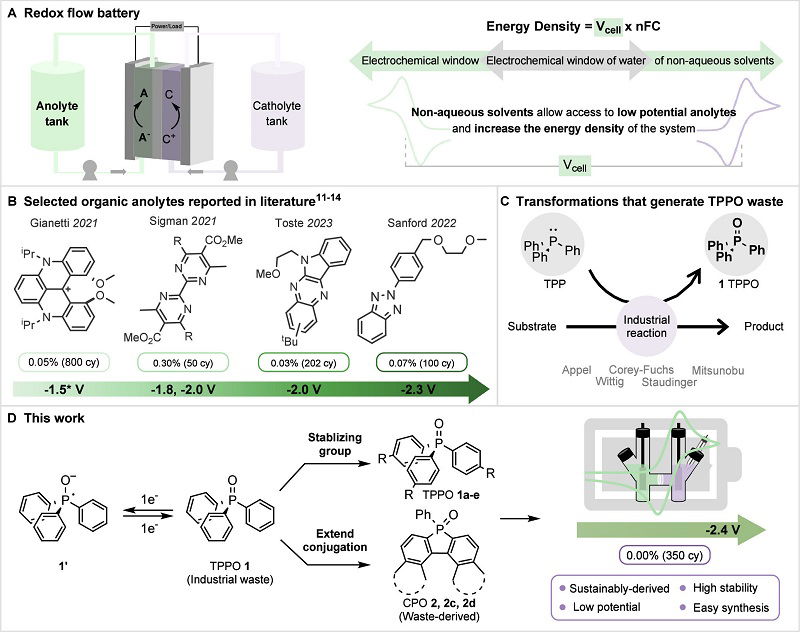With growing number of electric vehicles (EVs) in the country, India will need ₹16,000 crore in capex to meet its public charging demand by 2030, said a report by industry body FICCI on Monday.
The report titled – ‘FICCI EV Public Charging Infrastructure Roadmap 2030’ – also suggested that the top 40 cities out of the 700 plus cities analysed on the basis of their EV sales from 2015 to 2023-24 and 20 highway stretches could be prioritised for scaling up public charging infrastructure.
These top 40 cities are expected to have higher EV penetration in the next three-five years given the current EV adoption rate, and favourable State policies, it said, adding that 20 highways stretch connecting these 40 cities contribute to 50 per cent of the vehicular traffic. The top 40 cities include Ahmedabad, Bengaluru, Chennai, Goa, Indore, Jaipur, Ludhiana, Kolkata, Mumbai, Lucknow, Udaipur and Vishakapatnam.
Financial viability
According to the report, current financial viability for public charging stations in India remains low at less than two per cent utilisation rates and to achieve profitability and scalability, India needs to aim for an 8-10 per cent utilisation by 2030.
The FICCI report also highlighted key challenges that need to be addressed to scale up charging infrastructure, ranging from financial constraints like high infrastructure costs and low utilisation rates to operational constraints, lack of uninterrupted power supply and lack of standardised protocols to enable interoperability.
“For instance, the current cost structure of electricity tariffs with fixed charges regardless of energy consumption combined with low utilisation at public charging stations is making it challenging to achieve break even. States like Uttar Pradesh, Delhi and Gujarat have no/ low fixed tariffs but there are other States where fixed tariffs are high, thereby challenging the viability,” it said.
Therefore, actions across key stakeholders including policy makers, industry players and government bodies are required to enable India’s transition towards clean energy and sustainability, it added.
The report also emphasised that Ministry of Power’s recent guidelines should be followed across States to have a uniform charging framework.









Leave a Comment